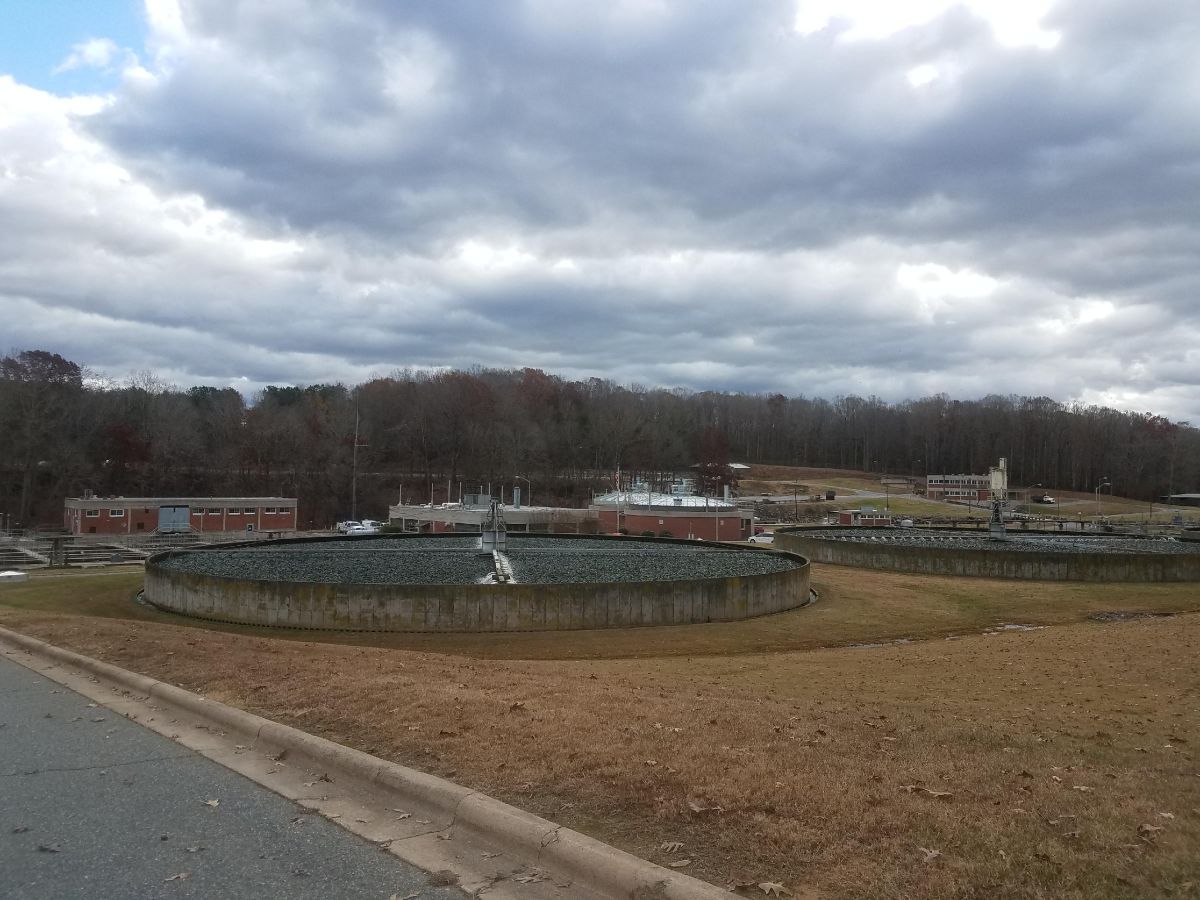RALEIGH — With just two days left to make a decision, Gov. Beverly Perdue’s office is keeping mum on whether she’ll veto any of the bills still on her desk, including one with a controversial provision on sea-level rise science.
In the past few weeks, the pressure on Perdue to veto the bill has mounted as state and national environmental groups and advocates for climate change science have launched petition drives that have sent Perdue thousands of emails, faxes and letters urging a veto.
Supporter Spotlight
Perdue spokesperson Greg Thomas said H819, the Coastal Management Policies Act, is “still under review” along with two other bills that have been targeted by environmental advocates.
Perdue has until 11:59 p.m. on Thursday to veto H819, which is one of four still awaiting her signature. After that, all four would become law regardless of whether she signs them or not.
Under H819, the state’s Coastal Resources Commission is instructed to redo a 2010 study on sea-level rise that suggested the state plan for a meter rise in sea level by 2100. The bill imposes a four-year moratorium on any official action on establishing an official state standard for sea-level rise and lays out specifics on how a new rate is to be determined.
<td<>
 William Chameides |
 Stan Riggs |
Although the bill is a watered down version of a proposal that would have outlawed using anything but a linear, historical model, H819 is still drawing strong criticism among scientists.
Supporter Spotlight
Among the letters sent to the governor urging a veto was a strongly worded warning from five faculty members of Duke University’s Nicholas School of the Environment, including Dean William Chameides and coastal geologist Orrin Pilkey, who served on the CRC’s science panel.
“Mandating this delay in planning for sea-level rise will allow unwise and risky investments in infrastructure along our coast to go forward,” the letter states. “The bill itself is reflective of the regressive anti-science rhetoric that characterized much of committee hearings and debate while the bill was being drafted.”
Stan Riggs, another CRC science panel member and a geology professor and researcher at East Carolina University, also sent a letter urging the governor to veto H819, calling the science behind the panel’s report sound and urging that planning for sea-level rise should not be delayed.
“To maintain a viable coastal economy and preserve the resources upon which that economy is dependent, we must understand the natural processes of change and learn to live with these dynamics,” Riggs wrote. “Let’s not allow North Carolina’s coastal system to become another example of folly by allowing greed and ignorance to trump the science.”
In debate over the bill, which passed on the last day the House was in session, supporters said the legislation was necessary to prevent the CRC from passing rules that would severely restrict development.
CRC officials, including its chair Bob Emory, have said the commission had no plans to enact any such rules.
NC-20, a group that represents some coastal counties and development interests on the coast, has questioned the science panel’s work and backed the changes proposed in H819. It has urged the governor to approve the legislation.
“Obviously we encourage the governor to sign it,” Tom Thompson, the group’s chairman said Monday. Thompson said given just the costs of infrastructure building to a one-meter standard it makes sense to spend another four years getting additional information.
 Tom Thompson and Willo Kelly of NC-20. |
“We’re wondering what the rush to judgment is,” he said. “We’re talking huge investments based on something that hasn’t manifested itself yet.”
Thompson said his group has asked others to get involved in the fight, but acknowledges he’s outgunned by the groups pushing for a veto.
“We’re in no danger of winning the paper battle,” he said.
Should Perdue veto any one of the bills, she has until August 12 to call the legislature back into session. An override of a veto requires the vote of three-fifths of those present in the chamber. With a veto override in the Senate all but a certainty, the battle would take place in the House, which was one vote shy of the three-fifth margin on July 3 when it passed the bill 68-43.







